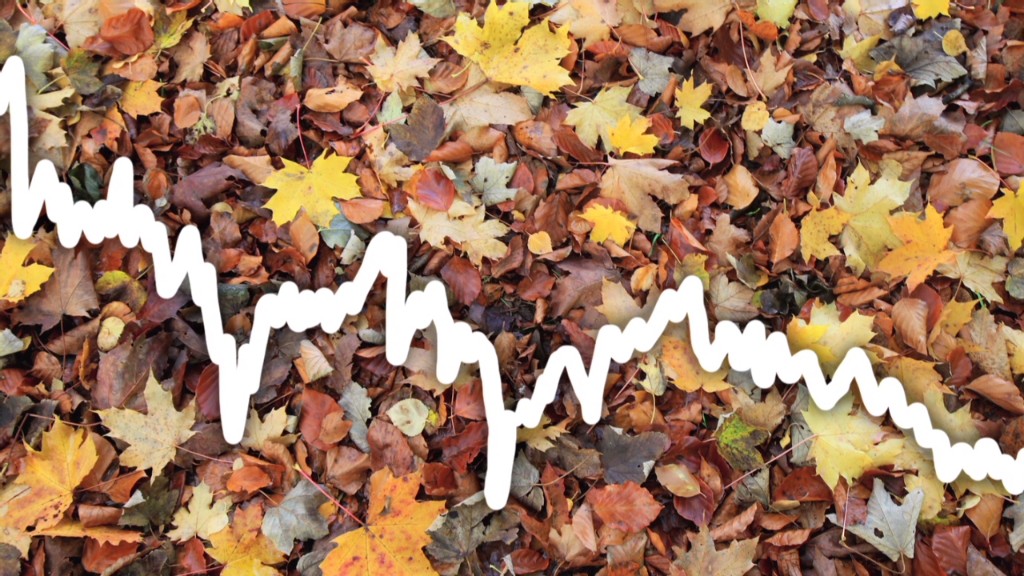
Worried about a stock market bubble? Morgan Stanley sure isn't.
In a compelling 27-page report released on Tuesday, the investment bank said the S&P 500 could surge to 3,000 by 2020. That's a pretty big leap considering the index only topped 2,000 last week.
Their reasoning is that the economic recovery isn't even close to being over.
"We believe that the U.S. economy has largely completed the repair phase and is entering the very early stages of expansion," Morgan Stanley's Adam Parker and Ellen Zentner wrote.
The duo believe this recovery from the Great Recession could end up turning into the longest expansion in U.S. history -- ever. If that happened, the stock market would be very likely to continue climbing -- despite a number of recent calls to the contrary.
Related: 4 reasons why investors shouldn't fear September
To be sure, Morgan Stanley admits that another six or seven years of growth is not an "obvious outcome." And the stock market and economy could easily be derailed by a geopolitical event, policy blunder from Washington, major natural disaster or some other problem.
What bubble? But the normal signs that the cycle is reaching its peak aren't obvious either, Parker and Zentner argue.
Expansions usually end when the economy overheats (think: subprime mortgages in 2008 and dotcom stocks in 1999-2000). This economy is just not hot enough to overheat, at least according to Morgan Stanley.

For example, capital spending and inventories don't look "stretched." Corporate and household balance sheets look pretty clean, especially compared with pre-Lehman Brothers.
"It's irrefutable that the U.S. economy is in the best shape it's been in fundamentally in well over eight years," said Peter Kenny, chief market strategist at The Clearpool Group.
And yet consumer confidence is hardly euphoric. In fact, confidence is just now returning to average levels. That implies "it took U.S. households nearly five years for the recovery to feel like a recovery," Morgan Stanley wrote.
Related: Sports betting vs. the stock market
Not overheating yet: Since World War II, the average economic expansion has stayed alive for just under five years, the bank said. That means the current recovery has already lasted longer than the average.
However, the ongoing economic rebound is not close to the longest one ever. That one occurred between March 1991 and March 2001 -- an impressive 120 months.
"Business cycles don't die of old age," Parker and Zentner wrote. "Business cycles tend to die of overheating (excessive hubris and debt)."
Related: Wall Street bets on prison growth from border crisis
Often the Federal Reserve has to step in and pop bubbles by quickly raising interest rates, but Federal Reserve chair Janet Yellen is clearly in no rush to hike rates. Other times, oil price spikes cause recessions. Yet the shale boom has made the U.S. less exposed to that threat.
Americans are also still recovering from the financial crisis, which was the scariest since at least the Great Depression. The prolonged deleveraging process means corporate and household finances are in very good shape, relatively speaking.
The memory of the Great Recession has also made investors eager to find potential bubbles in the market.
"The extreme downturn we experienced was very painful and imbued the market with a sense of caution and deliberation that has prevented it from getting frothy," said Kenny.


